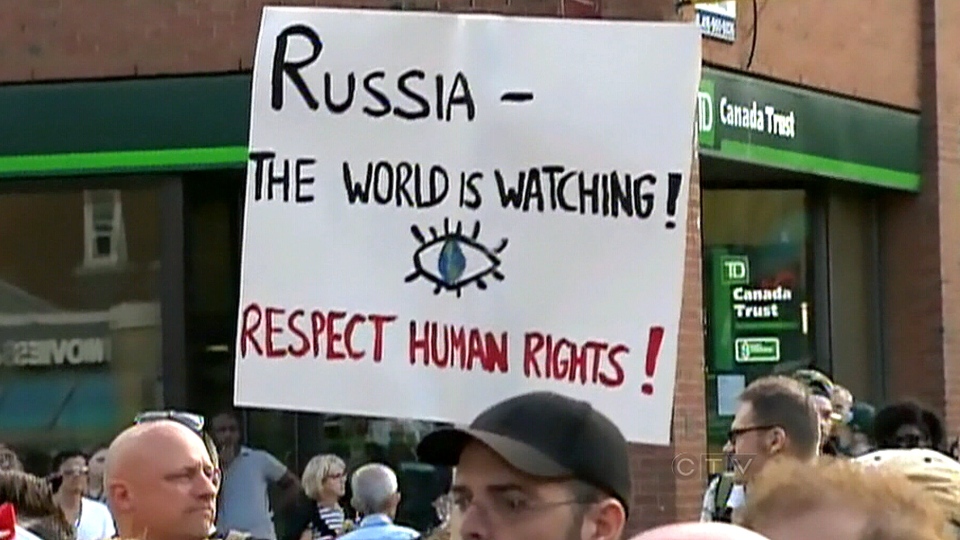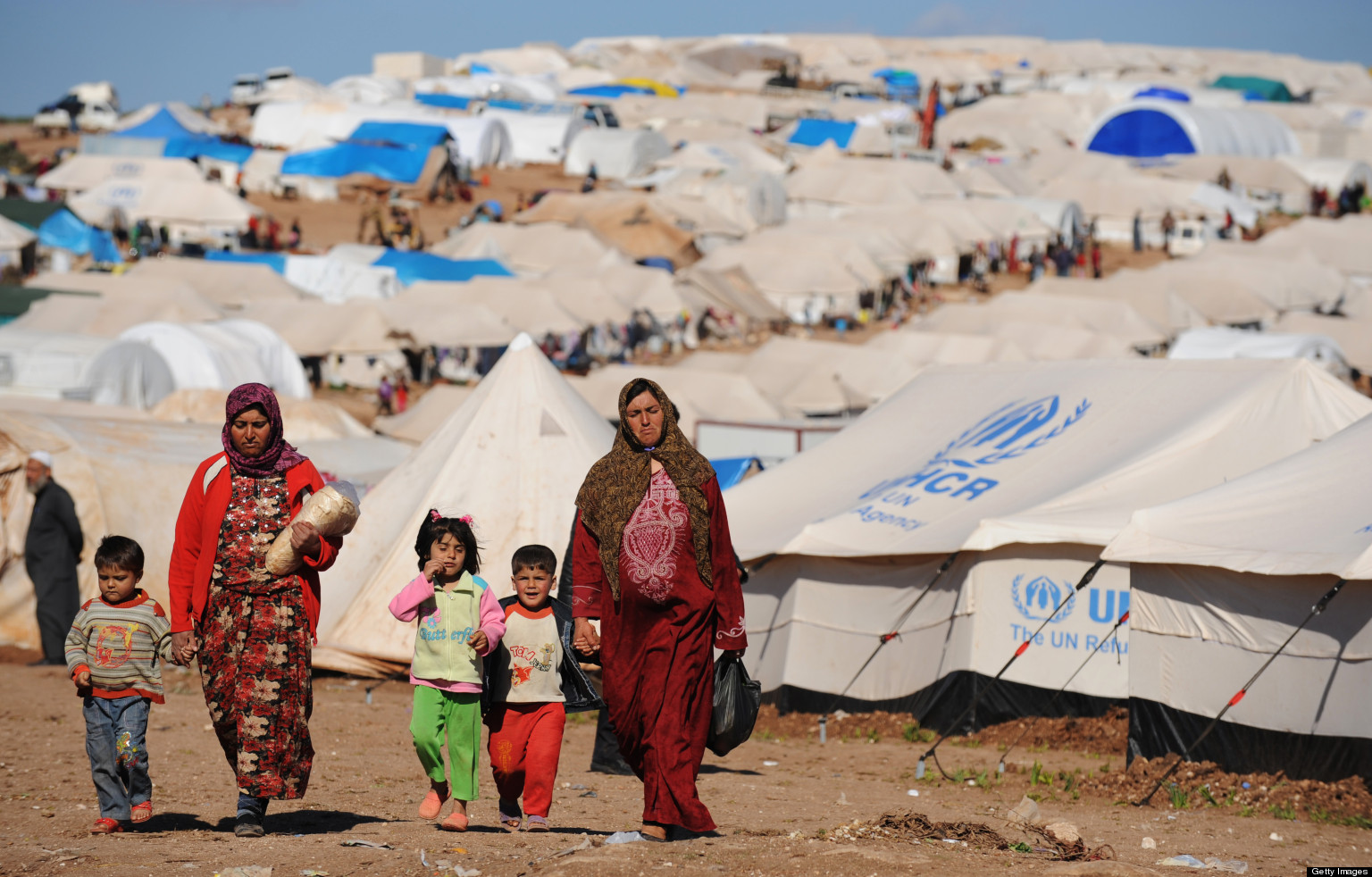The Russian Federation is in a unique position in 2013-2014 as it is the center of much international focus, most prominently as host of the 2014 Sochi Olympic Games, which provide the international community with an oft-not-apparent window into Russian economy and society. Furthermore, holding the presidency of the G20, (including the Leaders’ Summit earlier this month) gives Russia the opportunity to set deliberate objectives for the organization and forward Russian international goals. Despite increases in global communication, much of what occurs within Russia is not widely publicized. These two important positions – Olympic Games Host and G20 President – are publicity opportunities for Russia, as both will be widely scrutinized by the casual observer.
As a result, the Russian government must regard 2013-2014 carefully if it hopes to portray a positive and optimistic view of Russia, both economically and socially. Many pre-1989 prejudices against Russia still exist, and this is the year Russia can alter these biases in the minds of millions around the world. Yet, the only recent developments emerging from Russia indicates a conflict with most other affluent nations, G-20 states and organizations, including the backing of Assad in Syria, and the controversial anti-gay law. Furthermore, economic difficulties and reliance on high oil prices restrict Russia’s ability to portray itself as an economically independent actor. While military capabilities and independence remain a strong focus for Russia, neither of these will aid in an attempt to make Russia’s world image more progressive and modern.
[captionpix align=”left” theme=”elegant” width=”300″ imgsrc=”http://natoassociation.ca/wp-content/uploads/2013/09/putin-kiss-e1371136277132.jpg” captiontext=”A lost opportunity?”]
It is no secret that Russia does not want to move toward a more American way of conducting itself. This is understandable, as doing so would significantly limit Russia’s ability to maintain its foreign policy power and influence. However, Russia ought to consider creating a different, less outwardly aggressive image, particularly this year while so much international attention is focused on St. Petersburg and Sochi.




